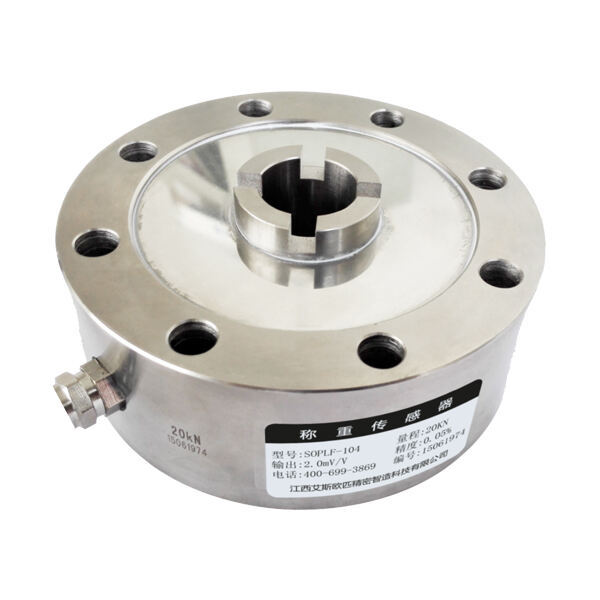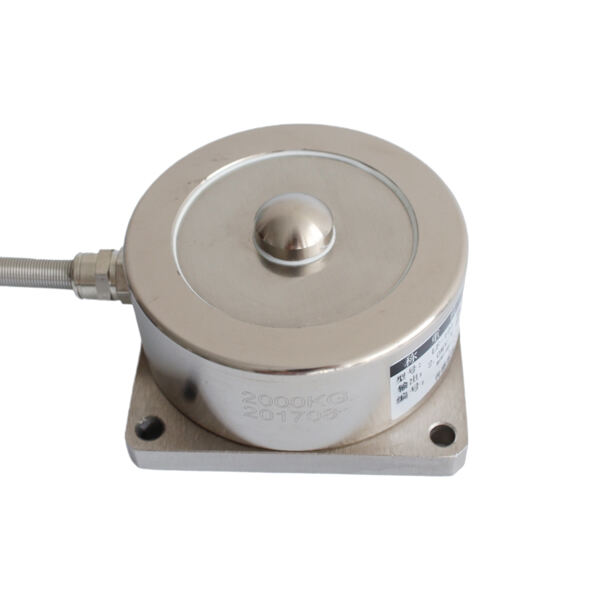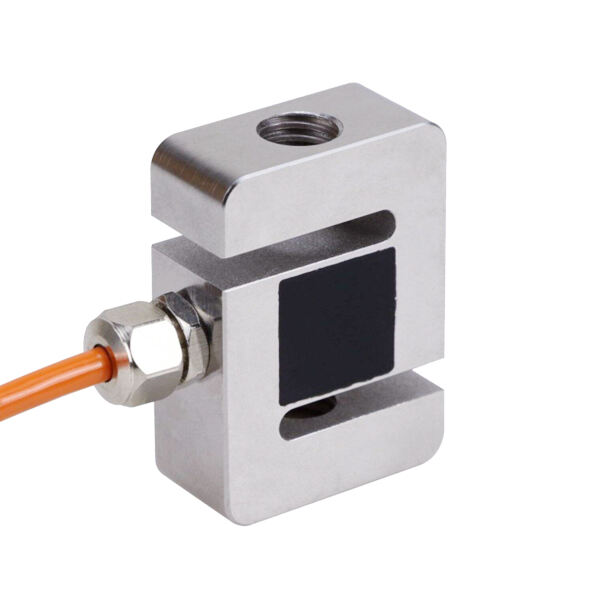These units are known as compression force sensors, and we use them to measure how much strain a substance is putting on the system. They work as a weight detector, and this is important because the more pressure something can handle without cracking or going bad. The compression load cell by SOP are composed of special materials that change their properties whenever they get pressed or compressed. This lets us read a quantifiable value of the sensor and tells how much force is being used.
Uses of Compression force sensors are quite a lot in different types of work and sectors. They are, for example important in the production of cars, airplanes and other items etc. These sensors are used by engineers and workers to know if it can sustain their activities given the magnitude of force they apply into them. These sensors are designed in various forms - from tiny ones that can insert into toys to big sizes where they capture heavy machinery. It is used to measure weights of various types, from lighter loads such as a few grams up to much heavier weights. This compression load from SOP versatility makes them highly useful for many of businesses use cases.

These SOP compression force sensors enable scientists and engineers to measure the power of various materials as never before when used together. A more accurate measurement allows these professionals to build better, longer-lasting products and keep their customers safe. This is how companies can ensure their products comply with tight security and performance criteria using the sensors. This is how they prevent accidents and make safer products for us all.

Compression force sensors are available in many different styles these days. Load cells, piezoelectric sensors and strain gauges are some of the most common types. Load cells are sensors used to detect how much force, or weight in this case is being applied to them by measuring the deformation of a material. Piezoelectric sensors happen due to special material inside these which upon compression generates electrical charge. Strain gauges are positioned to measure the strain on an object (load forces) indirectly; as stress is beginning to build-up more than material can handle, materials bending or deforming changes. These tension and compression load cell sensor types have their own benefits and drawbacks, so selection of a particular type will depend on the requirements for your specific use case.

Why You Should Use Compression Force Sensors? Arguably their most significant contribution is to enhance accuracy in testing and quality checking. Compression of a material can result in certain changes that give crucial strength information about it. These sensors also allow manufacturers to minimize the need for physical testing during production. Acceleration in production, not only Saves monetarily Businesses need better products that are more innovative and reliable, using compression force sensors will enable this which itself translates into higher customer satisfaction. These sensors are also important industry all over the world that overall help in making more reliable and efficient.
We provide secure reliable Compression force sensor each product, and speedy shipping 2 days for stock goods There numerous types of transportation options available customer to choose. Following the delivery you will be provided with tracker details.
SOP is a manufacturer high-tech Compression force sensor that has over 20 years' experience in the field production. It has worked with more 500 clients around the world. SOP is a reputable company is engaged in the research, development and production of various types of sensors.
Our company certified by CE, RoHS, ISO9001 as well other certifications. Our products undergo rigorous testing prior delivery. SOP also offers engineers offer after-sales services Compression force sensor any product issues.
We provide a broad range products, including linear Compression force sensor sensors drawn wire sensors, load cells, LVDT sensors well as torque Senors, pressure sensors, magneto sensors, many more. We offer OEM/ODM support depending on the needs of client.